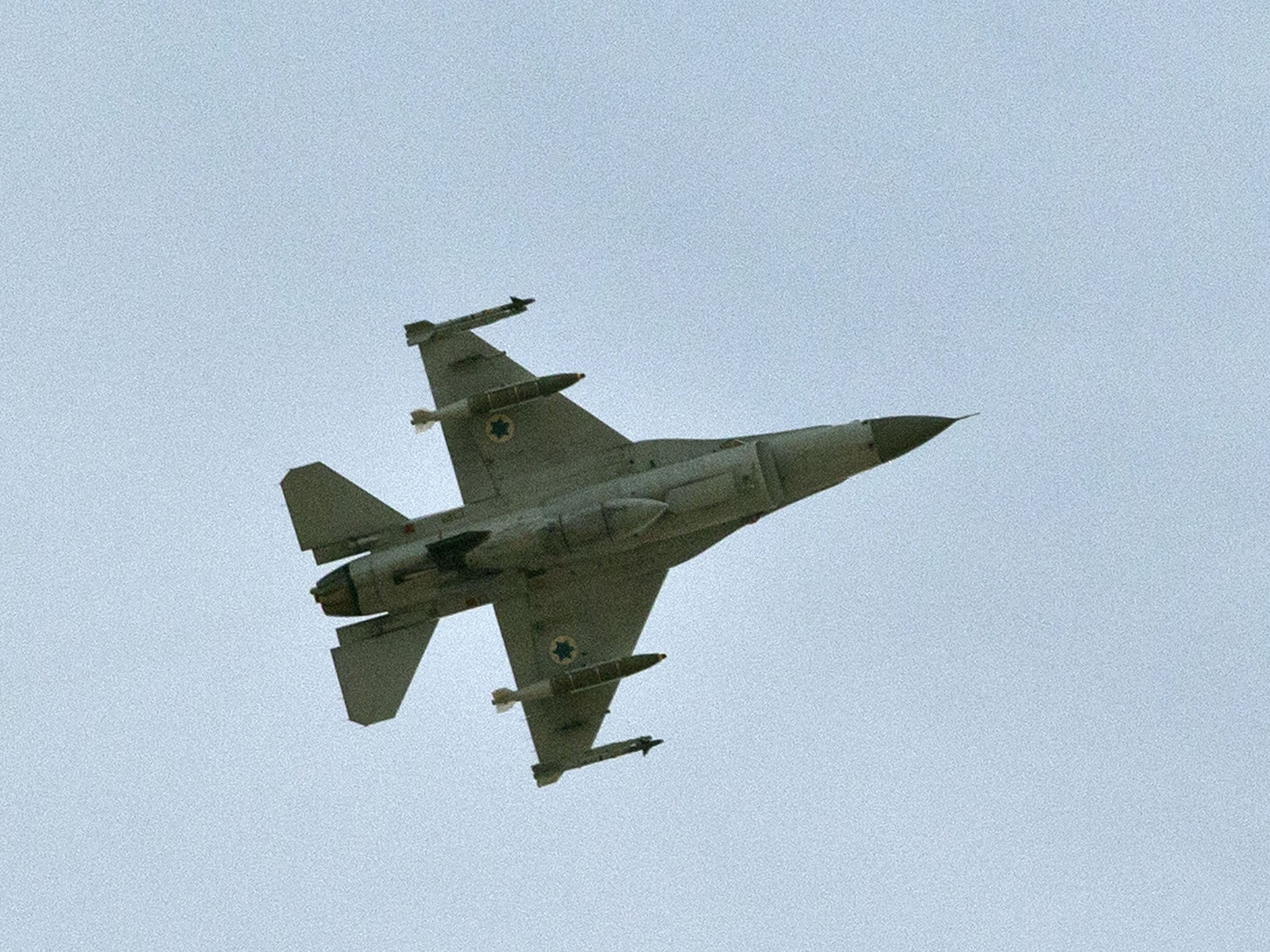Ankara bombs PKK rebels inside Turkey while Kurds in Kobani face Isis
Fighter jets bombed PKK positions in the first major air raid since a ceasefire was declared in March 2013

Your support helps us to tell the story
From reproductive rights to climate change to Big Tech, The Independent is on the ground when the story is developing. Whether it's investigating the financials of Elon Musk's pro-Trump PAC or producing our latest documentary, 'The A Word', which shines a light on the American women fighting for reproductive rights, we know how important it is to parse out the facts from the messaging.
At such a critical moment in US history, we need reporters on the ground. Your donation allows us to keep sending journalists to speak to both sides of the story.
The Independent is trusted by Americans across the entire political spectrum. And unlike many other quality news outlets, we choose not to lock Americans out of our reporting and analysis with paywalls. We believe quality journalism should be available to everyone, paid for by those who can afford it.
Your support makes all the difference.Turkish aircraft have attacked Kurdish rebel positions inside Turkey for the first time in two years as relations between the Turkish government and the Kurds deteriorate because of Turkey’s failure to help the Kurdish defenders of Kobani under attack by Isis.
F-16 jets struck at a target they claimed was held by the Kurdistan Workers’ Party (PKK), which has fought for Kurdish self-rule in Turkey since 1984, but has had a ceasefire since 2013. The Turkish military said it was responding “in the strongest possible way” to the shelling of an outpost by PKK forces. The PKK say they were responding to a military strike.
The Turkish government appears to calculate that the imprisoned PKK leader Abdullah Ocalan does not want the faltering peace process to end and that the PKK cannot fight in both Syria and Turkey. Mr Ocalan says, however, that if Kobani falls then it will be the end of the peace process.
Today, US-led forces said they had conducted 21 airstrikes focused on halting Isis advances at Kobani in the last two days. That came as Barack Obama held talks with military leaders from some 20 countries, including Turkey and Saudi Arabia. “It is part of ongoing efforts to build the coalition and integrate the capabilities of each country into the broader strategy,” said a White House spokesman.
Representatives of countries including Australia, Canada, France and Germany were expected to attend.
Subscribe to Independent Premium to bookmark this article
Want to bookmark your favourite articles and stories to read or reference later? Start your Independent Premium subscription today.
Join our commenting forum
Join thought-provoking conversations, follow other Independent readers and see their replies
Comments